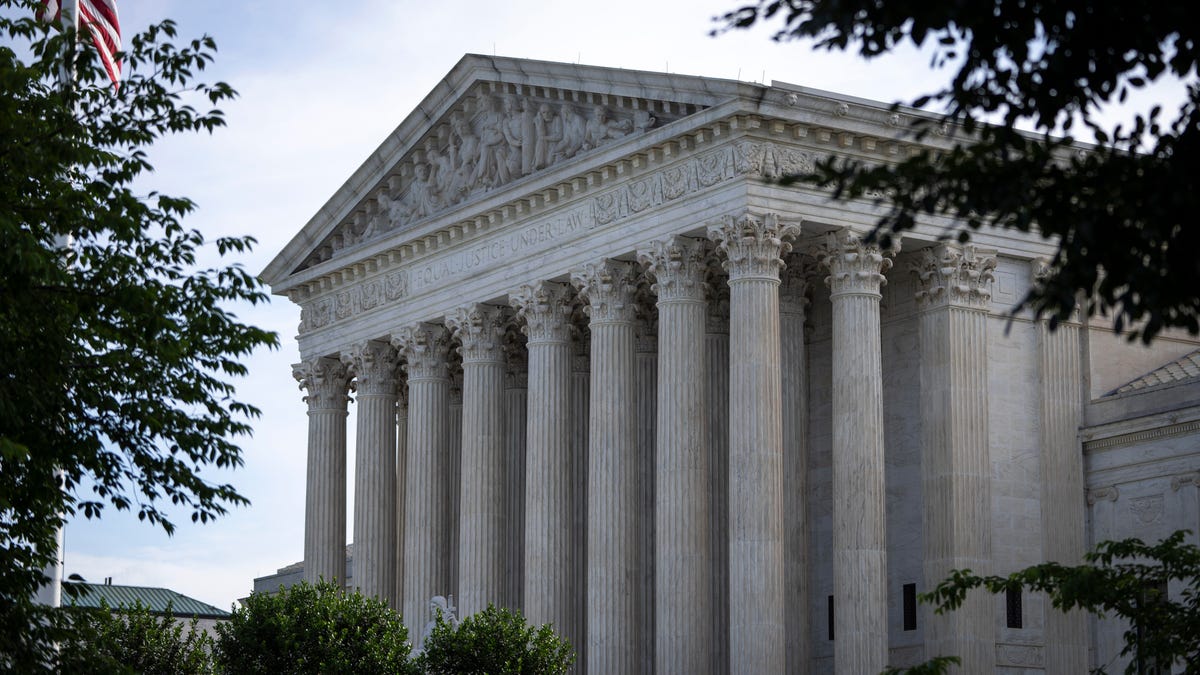Supreme Court limits reach of computer hacking law
In a 6-3 ruling, the court makes a distinction between unauthorized access to information and "improper motives" when retrieving info someone already has access to.

The Supreme Court ruled to limit a law on computer hacking, 6-3.
In a 6-3 ruling, the US Supreme Court narrowed the scope of the Computer Fraud and Abuse Act, which is a 34-year-old law on computer hacking.
At issue was the conviction -- which the Supreme Court ruling overturned -- of a former police officer who allegedly received payments in return for searching for a license plate in a police database. Under CFAA, it is illegal to "access a computer with authorization and to use such access to obtain or alter information in the computer that the accesser is not entitled so to obtain or alter."
In its opinion, delivered by Justice Amy Coney Barrett and issued Thursday, the court found that while the provision applies to those who "obtain information from particular areas in the computer -- such as files, folders, or databases -- to which their computer access does not extend," the provision doesn't cover someone who might have "improper motives" for retrieving information they already have access to.
When the case was argued, one of the concerns cited was that the law as it stood could make a variety of everyday actions technically illegal, like using a work Zoom account to make a personal call or sharing a Netflix password, as those could be interpreted as "exceeding authorized access."
Justices Clarence Thomas, John Roberts and Samuel Alito dissented, arguing that the police officer exceeded his authorized access when he used the database "under circumstances that were expressly forbidden."

